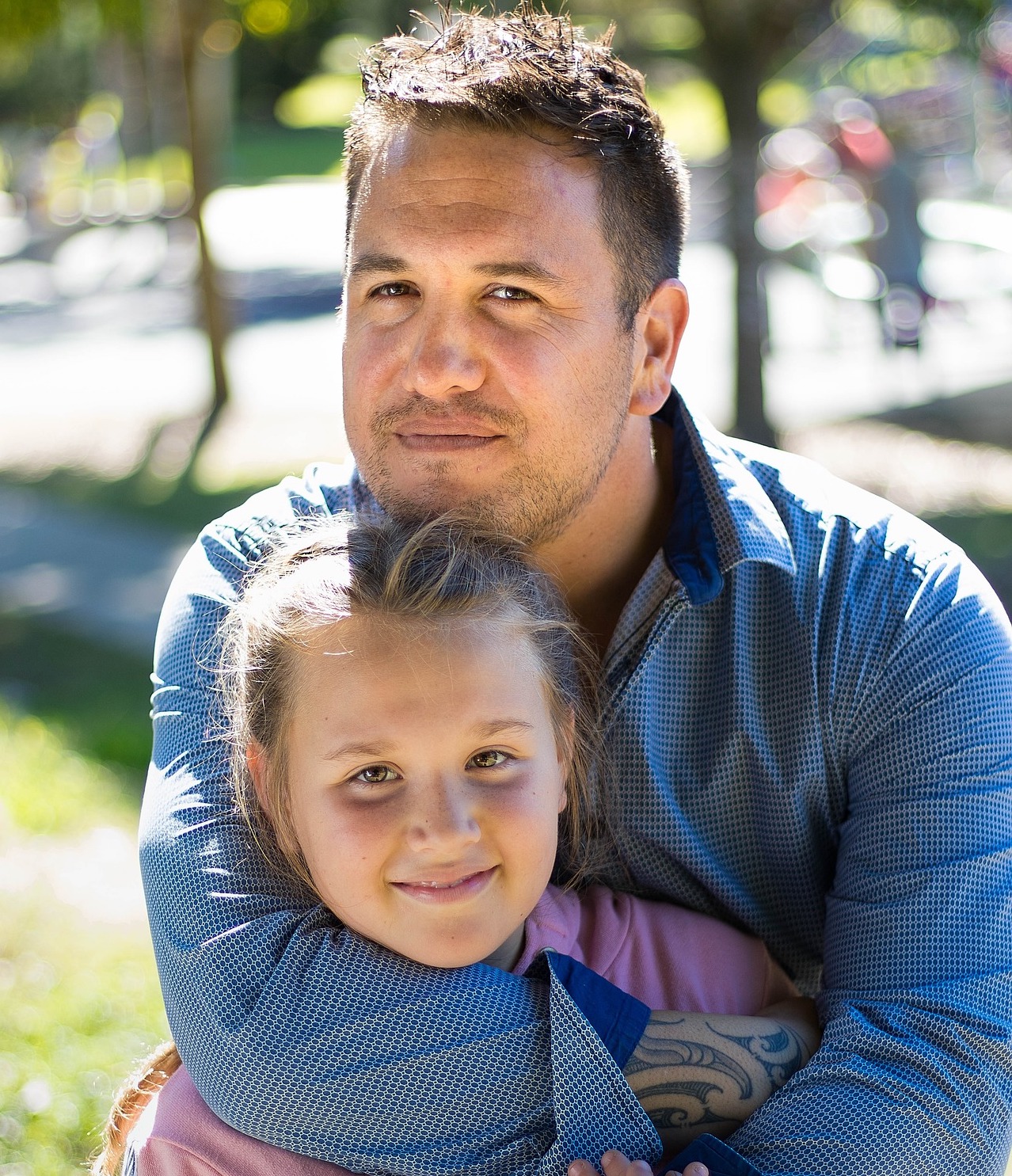
Raising children with special needs is stressful. Some situations are more stressful than others, but even a relatively mild learning disability can make daily life more complex. Fortunately, there are options for finding help and support.
How to Manage and Reduce Stress Related to Special Needs Parenting
Feelings of isolation and guilt can make it very hard to manage stress. So, too, can lack of practical and emotional support. Complex schedules and meetings can become intellectually overwhelming. Fortunately, there are tools and resources available to help with all of these issues.
Recognizing and Addressing Grief and Guilt
Cristin Condon is a life coach who works with parents of children with special needs and is the mother of a child with Down syndrome. Condon explains, “Parents do go through a grieving process and may feel guilty about having those feelings.” It’s important, she says, to “get good at recognizing and managing grief” because it may come up again and again over time.

Managing the Workload
Many parents of children with special needs are overwhelmed with the number of demands placed on their time and energy.
Finding help to triage demands (deciding which should be addressed first), delegating some responsibilities, organizing paperwork, and creating a schedule can make a big positive difference.
When parents feel overwhelmed they may put their own needs last. This can lead to stress and depression. Over time, this can make the situation far worse than it needs to be.
Finding Respite Care
Respite care is a service that allows the parent and child to have separate time for part of a day, overnight, or several days. It can be done at home or out of the house.
The National Respite Care Network offers detailed information about how and where to locate help finding both in-home and out-of-home respite services. In some cases, just a night out can make a big difference in a parent’s mental health.
Prioritizing Self-Care
When parents feel overwhelmed they may put their own needs last. This can lead to stress and depression. Over time, this can make the situation far worse than it needs to be.
It’s important to recognize that self-care is not “selfish” behavior. Often associated with bubble baths and spas, self-care can involve meeting basic needs such as eating healthy meals, getting enough sleep and exercise, and spending time with family and friends.

Seeking Support
Special needs parents often feel isolated and may also have feelings of shame, guilt, anxiety, or depression. By processing these feelings, parents may be able to get past them—and start finding positive aspects of living with a child with special needs. There are several different options for support; a few include:
- Local special needs parenting groups that meet in-person
- Online special needs parenting groups
- Organizations, such as The Arc, which provide parenting programs and opportunities to connect
- Life coaches or cognitive therapists who work with parents one-on-one to provide support and techniques for reducing stress.
Be sure to find a healthcare provider who understands special needs parenting.

Interested in learning more about parenting a child with special needs? Check out our podcast to hear about the parenting journey of a CHC neuropsychologist who has a daughter with special needs.
Connecting With Your Child
Many children with special needs are nonverbal or have severe speech and social delays. When this is the case, it can be hard for parents to make a connection. Even the most basic communication can change the way parents engage with their special needs children.
Finding the Joy
Children with special needs are often aware of and engaged with the world in unique ways that can be inspiring. When parents have the time and energy to see beyond the demands of the moment, they are often able to see the joy that special parenting can bring.
Excerpted from “How Special Needs Parents Can Find Help to Manage Stress” in Verywell Health. Read the full article online.
Source: Verywell Health | How Special Needs Parents Can Find Help to Manage Stress, https://www.verywellhealth.com/special-needs-parents-stress-help-5323791 | Ⓒ 2023 Dotdash Media, Inc.




